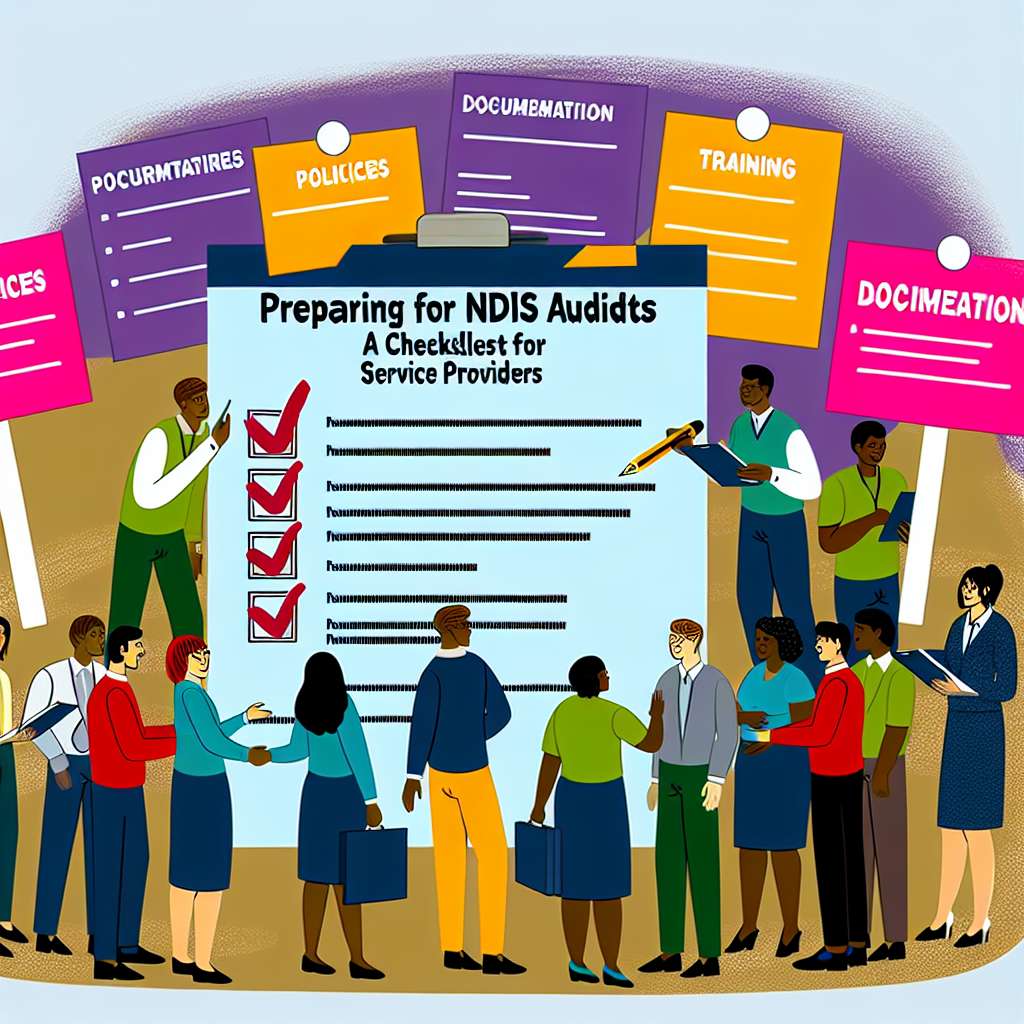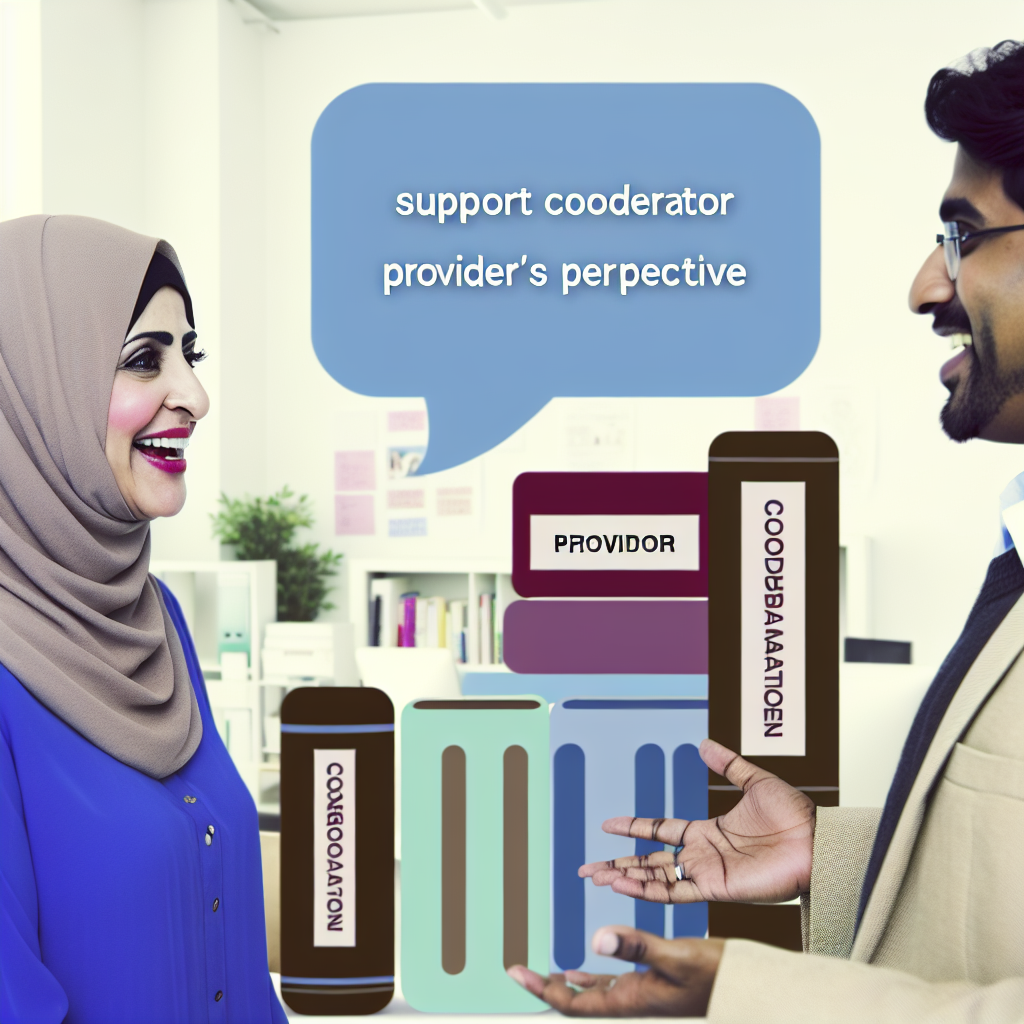by Bobby Singh
Share
by Bobby Singh
Share

The Difference Between Registered and Non-Registered NDIS Providers in Plan Management
Understanding NDIS Providers
The National Disability Insurance Scheme (NDIS) in Australia offers support to individuals with disabilities, enabling them to live more independently. A crucial aspect of the NDIS is plan management, which involves overseeing the financial aspects of a participant’s NDIS plan. Participants can choose between registered and non-registered NDIS providers for their plan management. Understanding the differences between these two types of providers is essential for making informed decisions.
Registered NDIS Providers
Registered NDIS providers are organizations or individuals that have met the strict criteria set by the NDIS Quality and Safeguards Commission. These providers are subject to regular audits and must adhere to the NDIS Practice Standards.
Benefits of Registered Providers
- Quality Assurance: Registered providers are required to maintain high standards of service delivery, ensuring participants receive quality support.
- Compliance: They must comply with the NDIS Code of Conduct, which promotes ethical and professional behavior.
- Access to More Services: Participants can access a broader range of services, as some supports are only available through registered providers.
Non-Registered NDIS Providers
Non-registered providers are not required to meet the same stringent criteria as registered providers. However, they can still offer valuable services to NDIS participants.
Advantages of Non-Registered Providers
- Flexibility: Non-registered providers often offer more flexible and personalized services, catering to the unique needs of participants.
- Cost-Effectiveness: They may offer competitive pricing, making them an attractive option for budget-conscious participants.
- Choice and Control: Participants have greater freedom to choose providers that align with their preferences and values.
Case Studies and Statistics
A study conducted by the NDIS in 2022 revealed that 60% of participants preferred registered providers due to the assurance of quality and compliance. However, 40% opted for non-registered providers, citing flexibility and personalized service as key factors. For instance, a participant with specific cultural needs might choose a non-registered provider who understands and respects their cultural background.
Key Takeaways
Choosing between registered and non-registered NDIS providers depends on individual preferences and needs. Registered providers offer quality assurance and compliance, while non-registered providers provide flexibility and personalized services. Participants should consider their priorities and the specific supports they require when making this decision. Ultimately, the choice should empower them to achieve their goals and enhance their quality of life.
Discover more from Wise Healthcare
Subscribe to get the latest posts sent to your email.
"Streamline your NDIS audit preparation with our comprehensive checklist, ensuring compliance and efficiency for service providers."
Learn effective strategies for NDIS providers to professionally manage feedback and complaints, ensuring improved service quality and client satisfaction.
Explore the vital role of support coordinators in enhancing service delivery and collaboration from a provider's perspective.
Discover effective growth strategies for NDIS service providers to scale your business, enhance services, and reach more clients successfully.
Discover more from Wise Healthcare
Subscribe to get the latest posts sent to your email.
Discover more from Wise Healthcare
Subscribe to get the latest posts sent to your email.
Discover more from Wise Healthcare
Subscribe to get the latest posts sent to your email.
Discover more from Wise Healthcare
Subscribe to get the latest posts sent to your email.
Discover more from Wise Healthcare
Subscribe to get the latest posts sent to your email.









